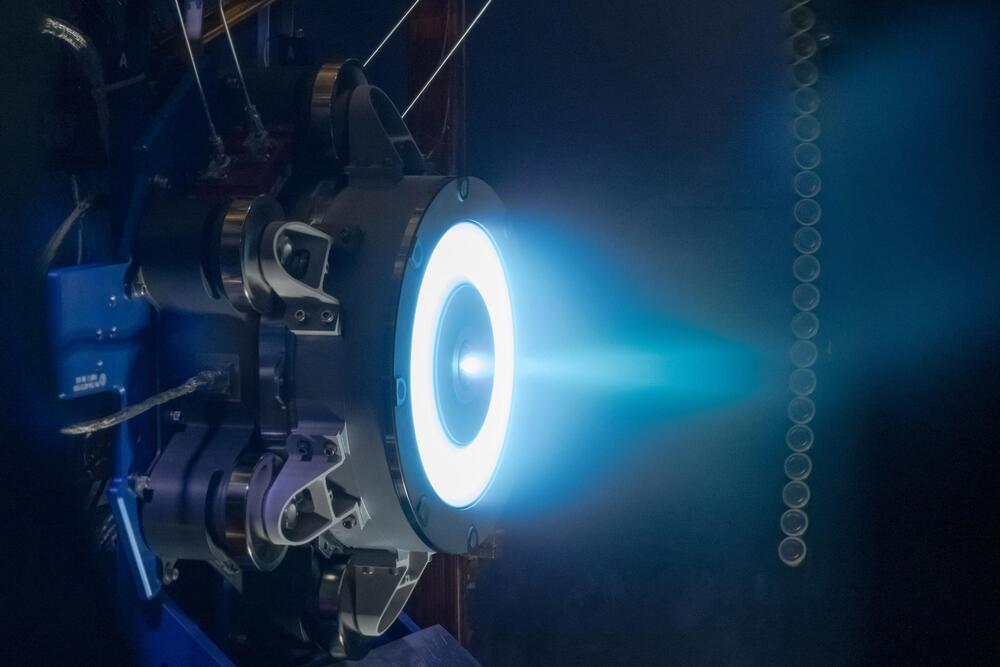A set of novel attack methods has been demonstrated against Google Workspace and the Google Cloud Platform that could be potentially leveraged by threat actors to conduct ransomware, data exfiltration, and password recovery attacks.
“Starting from a single compromised machine, threat actors could progress in several ways: they could move to other cloned machines with GCPW installed, gain access to the cloud platform with custom permissions, or decrypt locally stored passwords to continue their attack beyond the Google ecosystem,” Martin Zugec, technical solutions director at Bitdefender, said in a new report.
A prerequisite for these attacks is that the bad actor has already gained access to a local machine through other means, prompting Google to mark the bug as not eligible for fixing “since it’s outside of our threat model and the behavior is in line with Chrome’s practices of storing local data.”









